Theatrical ambiguity allows for creative innovation to encompass a production. If done well, the audience experiences this creativity in its intended form, by means of sound, lights, script, props, and the actor’s craft. In SpeakEasy Stage Company’s performance of “The Curious Incident of the Dog in the Night-Time,” this inventiveness is accomplished in a delightful way that restructures the rigidly held concept of autism and its constraints on both the human mind and soul.
The stage consists of two platforms and a solid black backdrop, covered with an array of white numbers and words; some discernable and logical, while others are beyond the comprehension of the audience.
With great subtlety, the performance begins, as a boy casually makes his entrance onto the stage, wearing Nike sneakers, baggy blue jeans, and a bright red sweatshirt. He begins to write with a white sharpie on the charcoal-stained wall what appears to be the continuation of a mathematical equation. For this boy, Christopher Boone, math is a logical representation of life, something that makes far more sense than the endless complexities of human emotions.
Staged in the Roberts Studio at the Boston Center for the Arts from October 20th to November 25th, this powerful production remains faithful to the novel by Mark Haddon. The story follows Christopher Boone, an autistic, 15-year-old boy, who is driven to solve the local mystery of who killed Mrs. Shear’s dog, Wellington, with a pitchfork. This perplexing riddle will lead Christopher on a journey of self-discovery, requiring him to unravel the death of Wellington, as well as the death of his own mother. Such events that highlight his inability to see beyond the logical realism of human circumstance.
Though dictated to the audience by his trusted teacher, Siobhan, the story is narrated by Christopher through his written diary, providing the audience with the rare opportunity to look deep into this brilliant and obscured mind.
Christopher exists on the autistic spectrum, although this is never directly stated. To bring awareness and compassion to Christopher’s condition, Director Paul Daigneault exhibits the height of creative dexterity, through the utilization of his cast, as well as his stage management, in terms of lights, props, and soundtrack.
Daigneault employs both music and lights to intensify an emotional break down, as during those moments when Christopher is incapable of handling, understanding, or expressing intense feelings he may experience within.
There is limited handling of props, but rather the fusing of imagination and creativity. With a cast of ten, each actor portrays a multitude of divergent roles, such as police officers, lovers, parents, or strangers passing in the subway. At other times, they may not represent not simply a person but metaphorically the choreographed chaos and movement of Christopher’s own mind.
Visuals are created through the actor’s constant movement, as well as with a white sharpie pen Christopher uses to write all over the stage—attempting to make sense of a life which cannot be measured by mathematical formulas.
The director’s craft is brought to life by this brilliant, passionate, energetic performance. Eliot Purcell, the actor who plays Christopher, maintains a laser-like focus, never breaking character, even through the eloquent and swift passing within scene transitions.
“I love him more than any character I’ve played,” Purcell said in an interview with the Boston Globe. “Christopher demands an incredible energy and vulnerability. He’s asking us to open ourselves to the mess of human life.”
And so he does, through his meditative nakedness, as when his parents change his clothes, or when he gently connects each tip of his fingers to his mother or fathers’ in an attempt to say, “I love you”. These tender intimacies between characters are the beautiful subtleties that bring Daigneault’s production to life.
“The Curious Incident of the Dog in the Night-Time” is a rare theatrical experience of vivacious energy that transports the audience from a place of confusion to one of compassion. When exiting the theater, there is a quote written in white sharpie on the stage: “Once you eliminate the impossible, whatever remains, no matter how impossible, must be the truth.”
By the end of the play, Daigneault’s imaginative creation establishes a credo for Christopher, those like him, and or all viewers alike: ne can truly do anything, if one sets their mind to it. Through all Christopher’s confusion and misunderstanding, the audience is brought to laughter and tears, as Mark Haddon’s novel comes alive on the stage.
The production runs from Oct. 20 to Nov. 25 at the Roberts Studio Theatre in Calderwood Pavilion at the BCA, 527 Tremont Street. Tickets can be purchased at the box office, 617.933.8600, or online at www.SpeakEasyStage.com


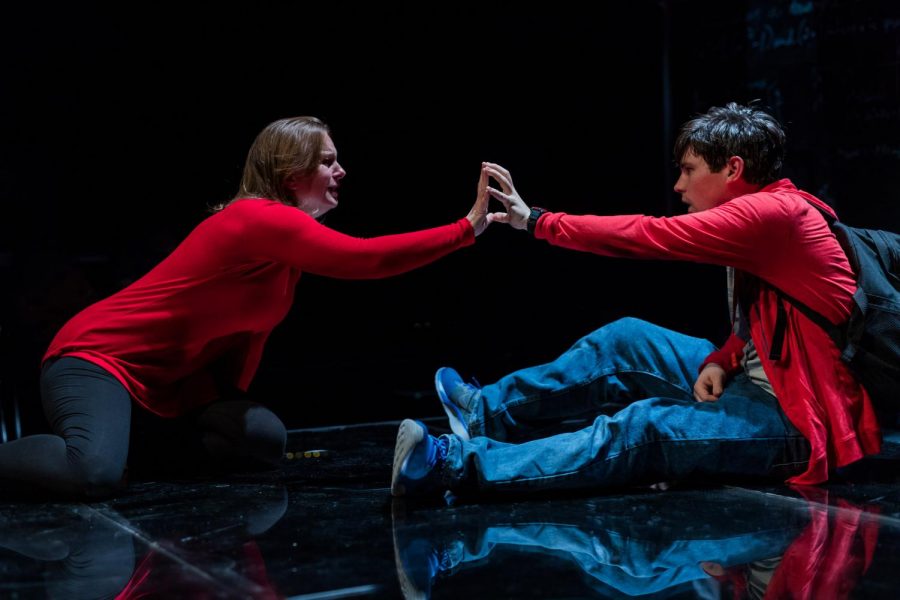
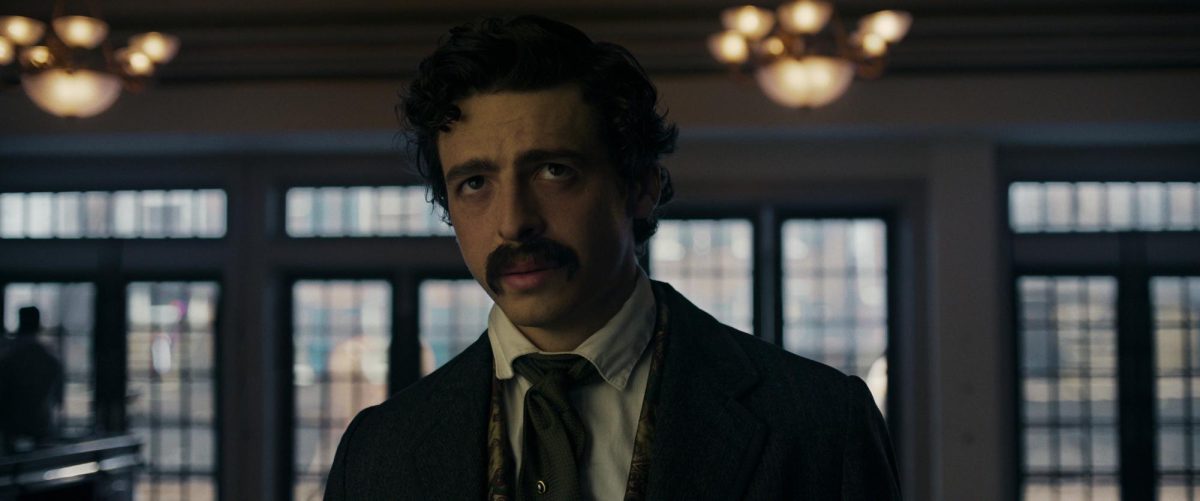


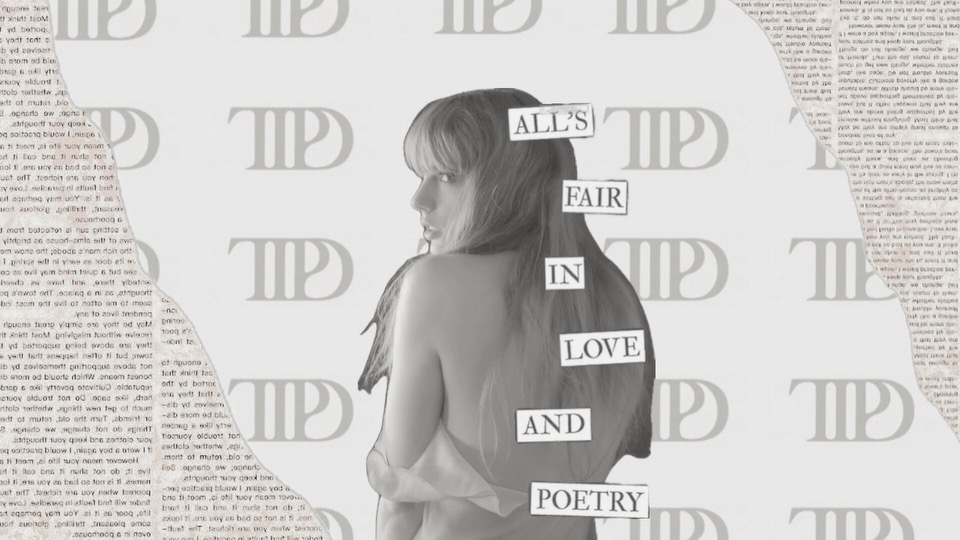

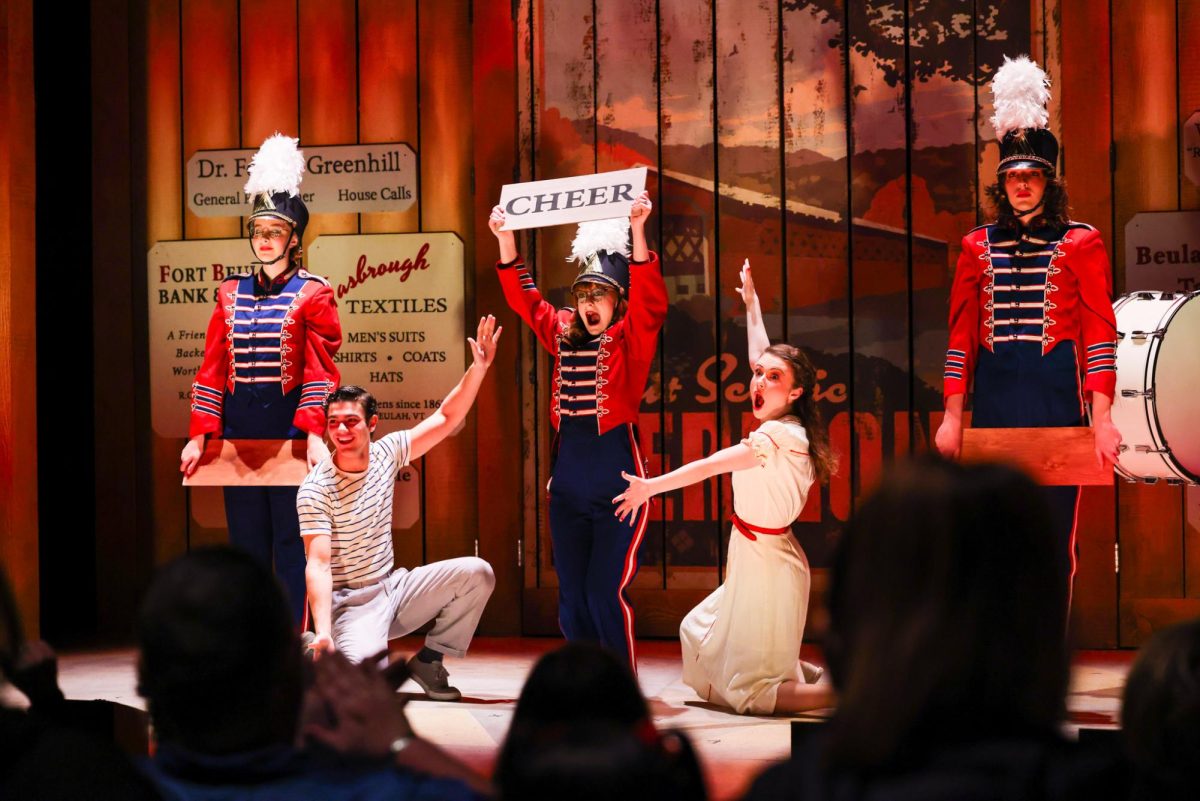

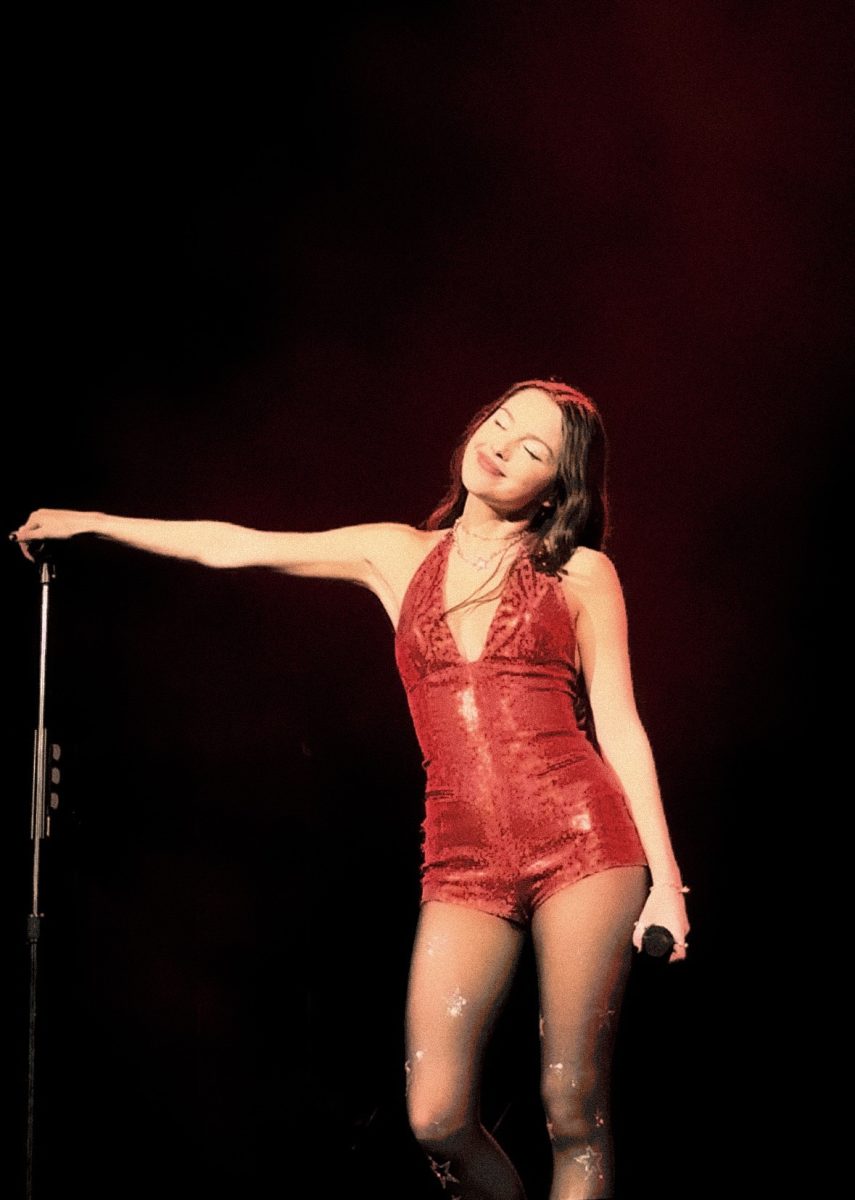




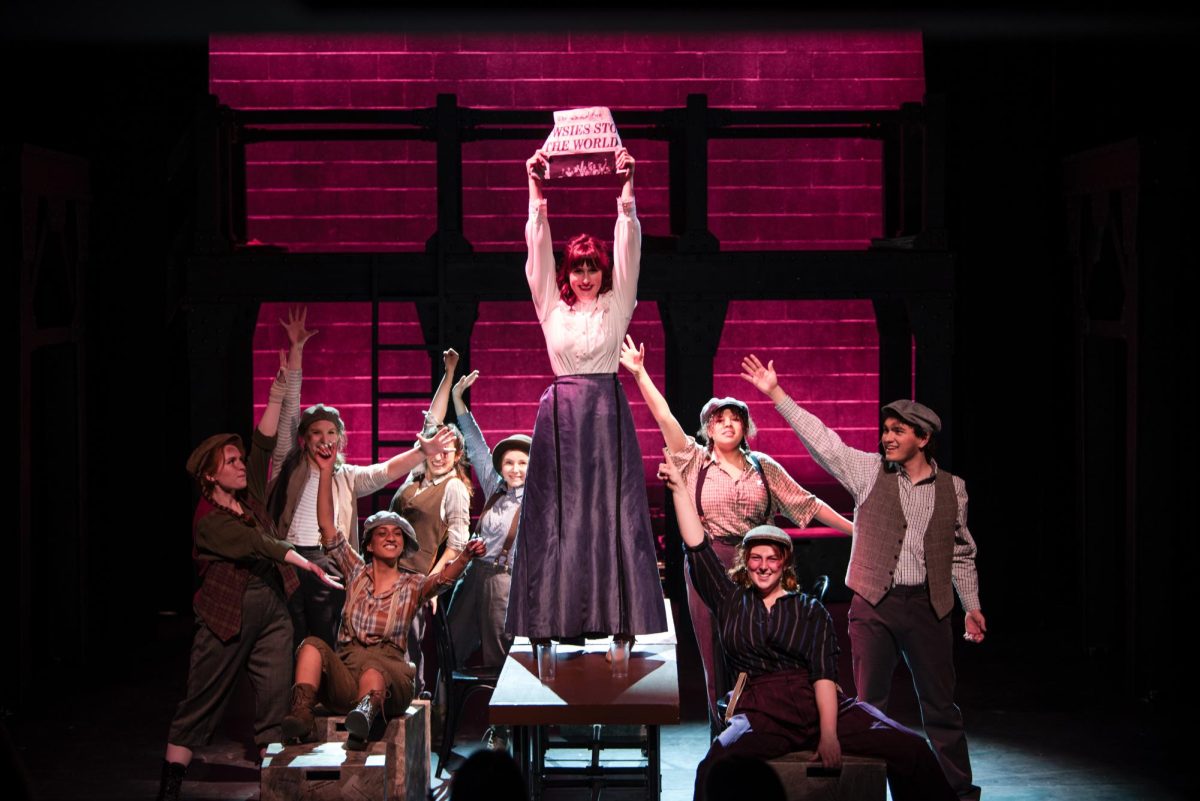

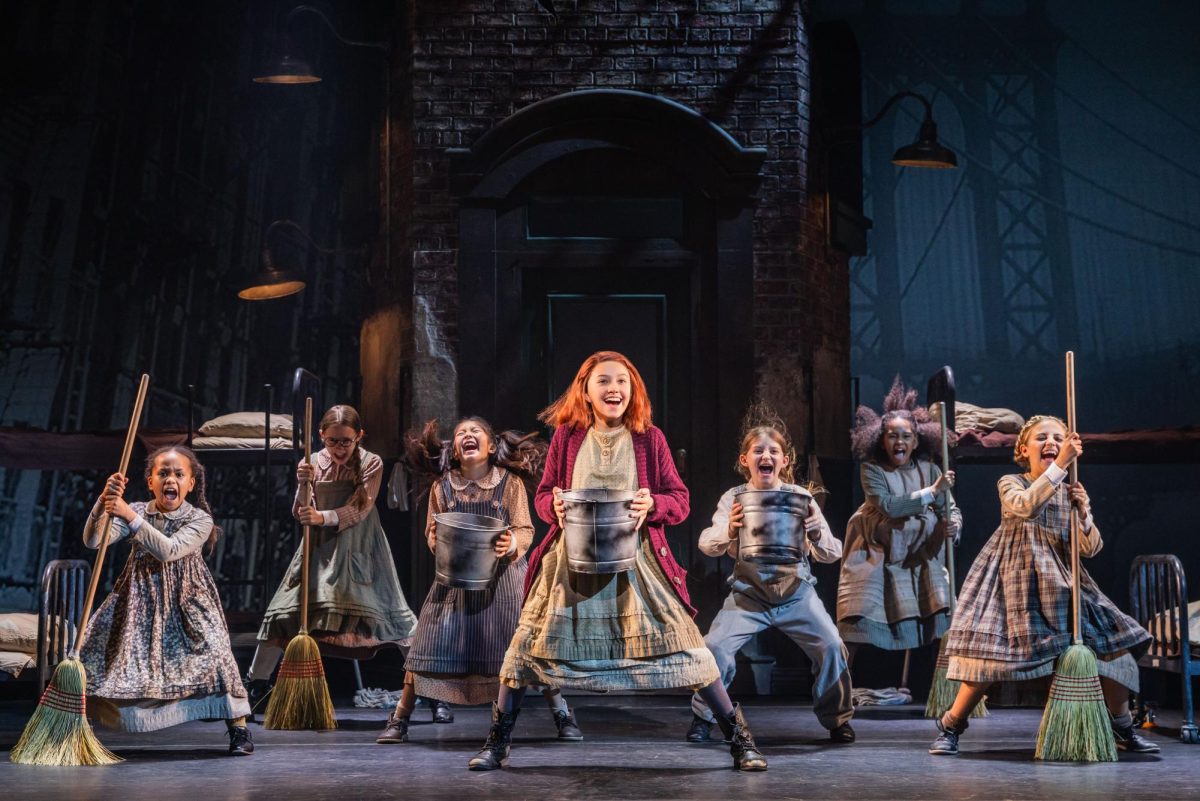
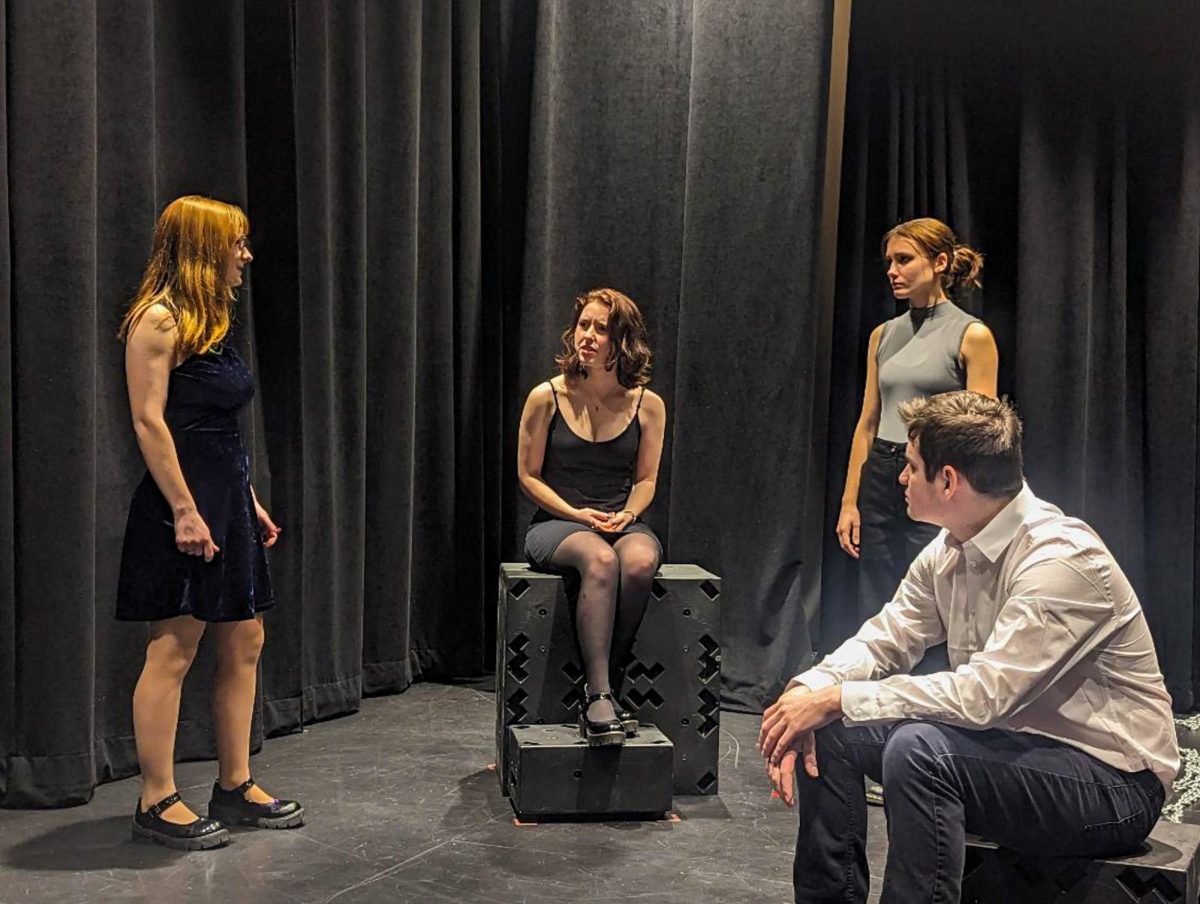
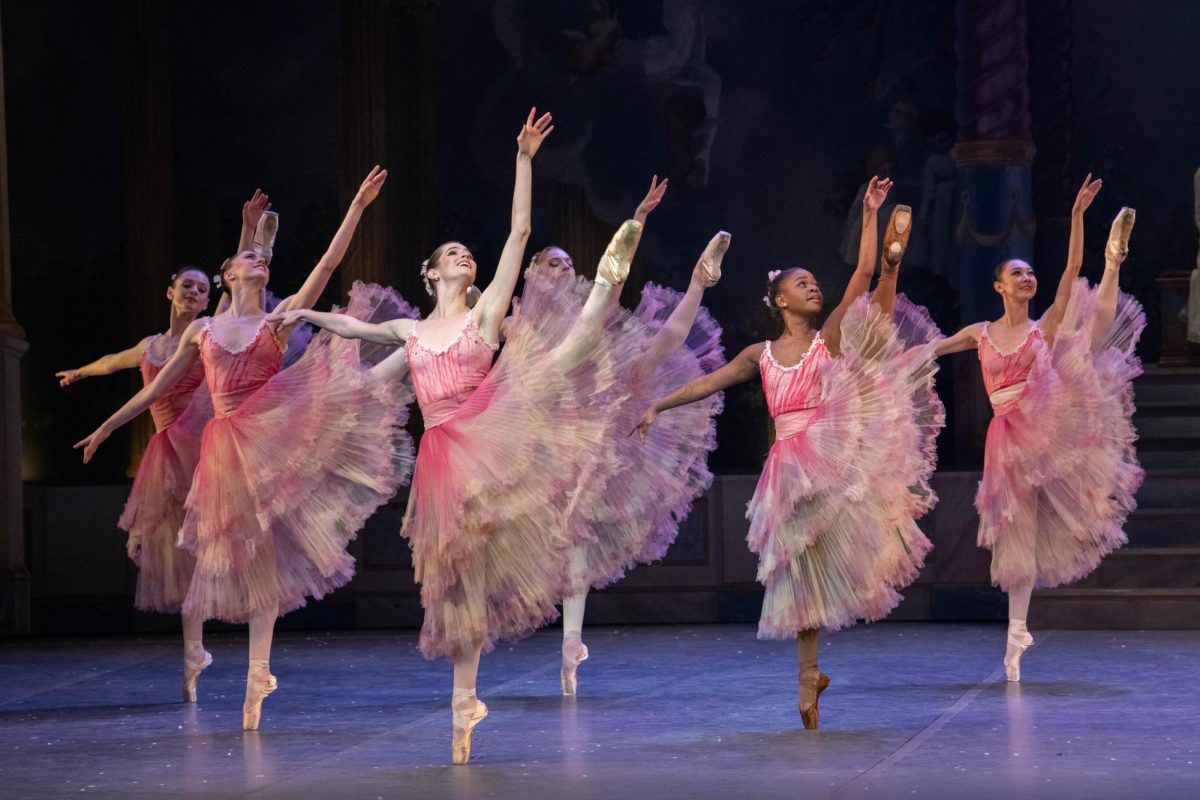


John Fernandez • Oct 26, 2017 at 8:09 pm
Tbe production is wonderful, aptly reflected in the review, but horrified that the excellent and inventive Movement Direction by Yo-EL Cassell was rightly credited.